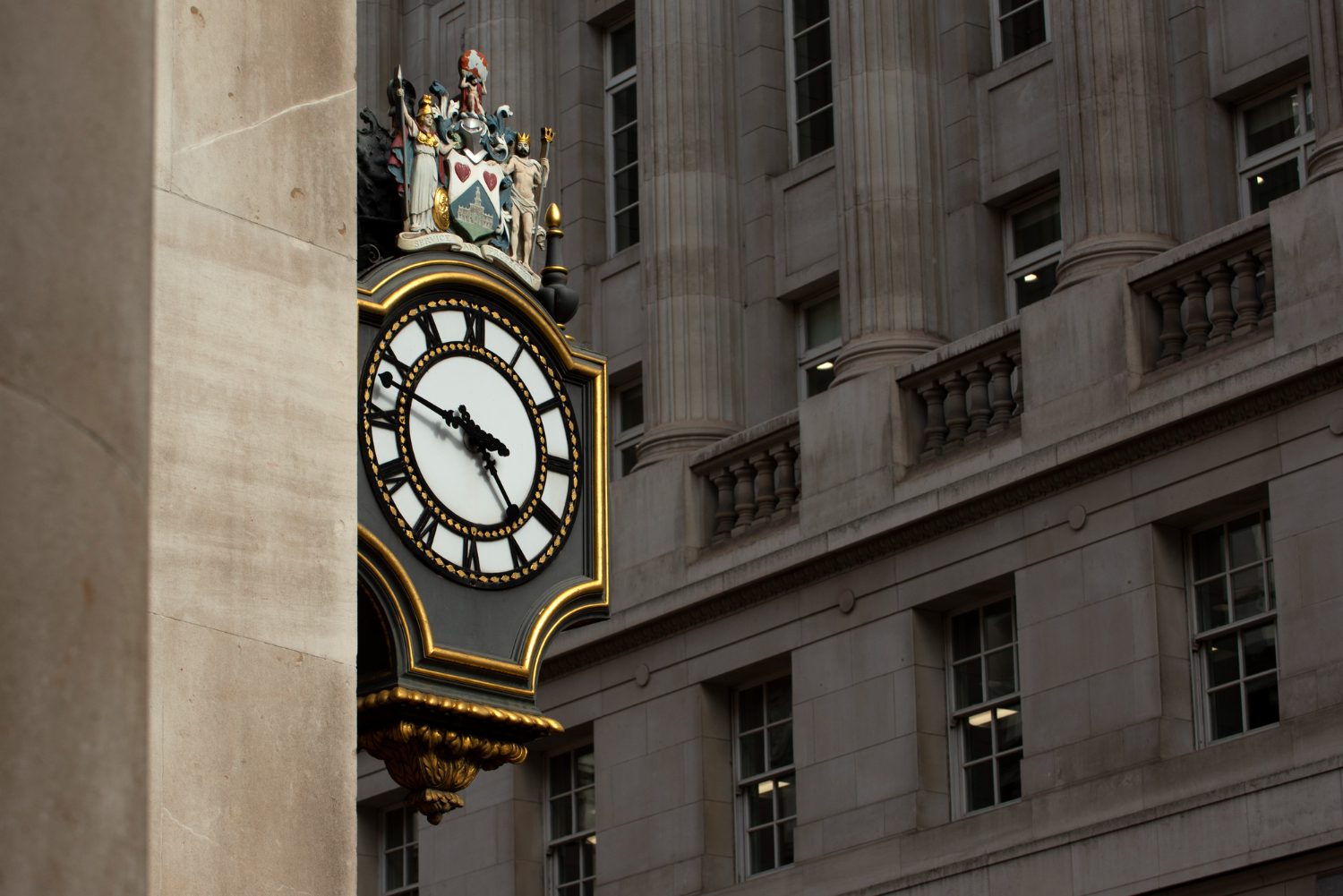
The FX exchange market is a vast and dynamic industry, attracting traders and investors from all over the world. Operating a FX brokerage in the United Kingdom offers numerous opportunities and advantages due to the country’s well-regulated economic services sector and global reputation. However, to legally conduct Forex-brokerage activity in the UK, one must acquire a Forex Brokerage License. In this article, we will walk you through the procedure to obtain a UK Forex-Brokerage License.
Understand the Regulatory Landscape:
The first step in acquiring a UK Forex-Brokerage License is to familiarize yourself with the adjustment framework. The Financial Conduct Authority (FCA) is the primary regulatory body responsible for overseeing economic services firms, including FX brokers, in the UK. The FCA imposes strict conditions to assure market integrity, consumer protection, and the prevention of economic crimes. Carefully study the FCA’s rules and restrictions to ensure conformity from the outset.
Firm Formation and Structure:
Before applying for the permission, you need to establish a legal entity for your FX brokerage firm. Typically, this involves forming a limited liability firm in the UK. You should decide on the appropriate firm structure and name, ensuring it complies with the Firms Act 2006.
Meet Capital Demands:
The FCA mandates a minimum capital requirement for FX brokerage firms to ensure they have sufficient economic resources to manage potential risks. The specific capital amount may vary based on the nature and scale of your brokerage corporation. Adequate capital is vital to instill trust and confidence in your clients and regulators alike.
Demonstrate Competence:
Applicants for a Forex-Brokerage License must demonstrate competence and professionalism in managing financial services business. Key personnel, such as directors and executives, should possess the necessary qualifications and experience to fulfill their roles effectively. Additionally, you should have well-defined policies and procedures in place to govern all aspects of your brokerage operations.
Conformity and Anti-Money Laundering (AML) Measures:
Compliance with restrictions is a fundamental aspect of acquiring and maintaining a Forex-Brokerage License. Develop robust conformity procedures to prevent money laundering, fraud, and other economic crimes. Implement thorough consumer due diligence processes to verify client identities and monitor transactions to ensure conformity with AML restrictions.
Segregation of Client Funds:
The FCA places great importance on the segregation of client funds from the broker’s operational funds. Clients’ funds must be held in separate accounts to safeguard against misappropriation and ensure client protection.
Technology and Infrastructure:
An efficient and reliable technology infrastructure is crucial for running a successful FX brokerage. Assure that your systems are secure, scalable, and capable of handling the trading volume and data flow efficiently.
Apply for the FCA License:
Once you have completed all the necessary preparations, you can submit your application for the Forex-Brokerage License to the FCA. The application process includes providing detailed information about your firm, economics, conformity policies, and background checks on key personnel. The FCA will conduct a thorough assessment to determine whether you meet all the regulatory conditions.
Ongoing Compliance and Reporting:
Obtaining the Forex-Brokerage License is not the end of your adjustment responsibilities. The FCA will require you to maintain ongoing conformity, submit periodic reports, and undergo regular audits. Non-conformity can lead to severe penalties and even the revocation of your license.
Conclusion:
Obtaining a UK Forex-Brokerage License is a complex and rigorous process, but it is essential for running a reputable and legal FX brokerage business in the country. By carefully following the steps outlined above and maintaining strict adherence to FCA restrictions, you can establish a secure and trusted FX brokerage that attracts clients and operates with integrity within the UK economic services sector.